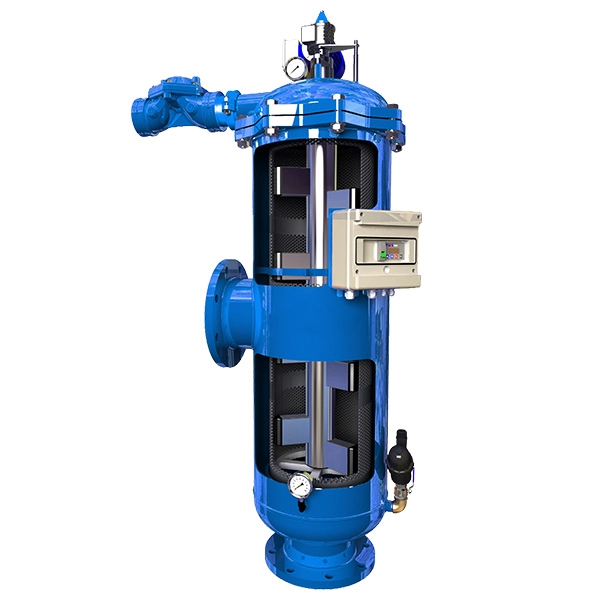The benefits of screen filters:
Next, it’s important to decide what you want from your screen filter. Are you looking to reduce water usage, increase crop yields, or simply protect your property? If you’re looking for any of these reasons, you should consider why screen filters are used. When it comes to irrigation, it can be a big deal when things go wrong. Screen filters can help you in every way, but we’ll show you how to use them to improve your irrigation setup. First, you should know what they actually are.What are screen filters?
Screen filters are usually used in irrigation applications where simple, compact and cost-effective measures need to be adopted for better utilization of resources. They work on different types of water qualities and water flows and they never stop working in harsh conditions. They are made of metal and plastic.As far as cleaning screen filters is concerned, they are cleaned by cleaning it manually or just throwing them in the water. Some screen filters will need to be cleaned by hand and if the debris is not removed properly, they can be cleaned using flushing.
The method we are going to discuss in order to flush is the focussed backwash method. In this process, flushed water is forced backwards. The Method is very useful for cleaning screen filters. This is usually done using two side by side filters, with one being used while the other one is flushed thoroughly.


